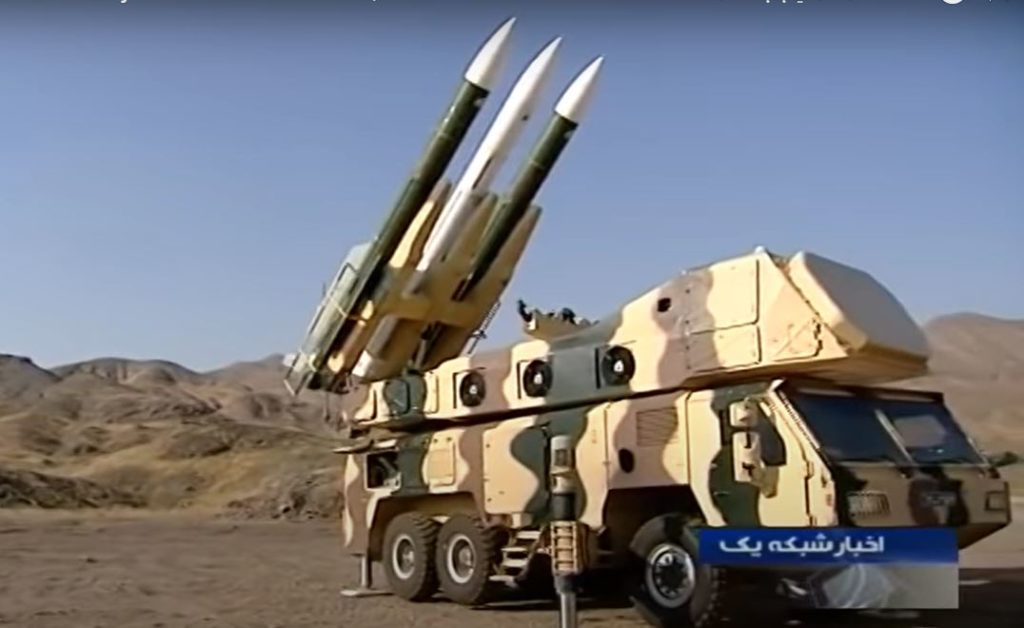Biden’s comments pledging to partner with regional powers to deter Iran’s nuclear development program irked officials in Tehran.
By Lauren Marcus, World Israel News
Iranian Foreign Ministry spokesman Nasser Kanani framed American criticism of the Islamic Republic as “Iran-phobia” in a statement on Sunday, on the heels of a visit to the Middle East by U.S. President Joe Biden.
Biden met with Saudi crown prince Mohammed bin Salman on the trip, a major regional rival for Iran, and pledged that the U.S. would not “tolerate efforts by any country to dominate another in the region through military buildups, incursions, and/or threats.”
He was referring to Iran’s various proxy groups, including the Houthi rebels based in southern Yemen, who have attacked Saudi and Emirati assets in recent months.
Specifically mentioning Iran, Biden said during a security conference in Jeddah that the U.S. would not “walk away” from the region “and leave a vacuum to be filled by China, Russia or Iran.”
The comments appear to have irked Iranian officials, who have longstanding conflicts with both the U.S. and the Gulf kingdoms, including Saudi Arabia and the United Arab Emirates.
“The United States has once again sought to create tension and crisis in the region by appealing to the failed policy of Iranophobia,” Kanani was quoted by Reuters as saying.
He mentioned Biden expression of concern over Iran’s nuclear program and its pledge to work with Israel to ensure that Tehran does not obtain a nuclear weapon.
“These false allegations are in line with Washington’s seditious policy… in the region,” Kanani charged.
The agreement to partner with Israel to mitigate the threat of Iran’s nuclear development was a “great sign of the deception and hypocrisy” of the U.S., he said, because “they turn a blind eye to the Zionist regime [Israel] as… the greatest holder of the arsenal of nuclear weapons in the region.”
Although Israel has never formally acknowledged its nuclear program, it is widely believed that the Jewish State does have nuclear warheads.
However, estimates of Israel’s nuclear stockpile range from some 80 to 400 nuclear warheads, which is a small amount compared to nuclear powers such as the U.S. and Russia.


